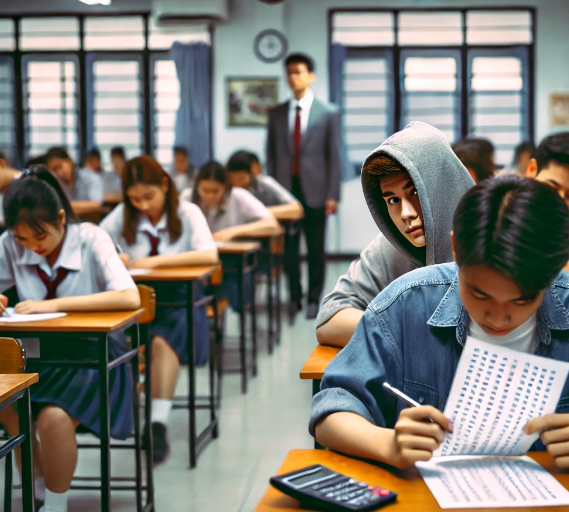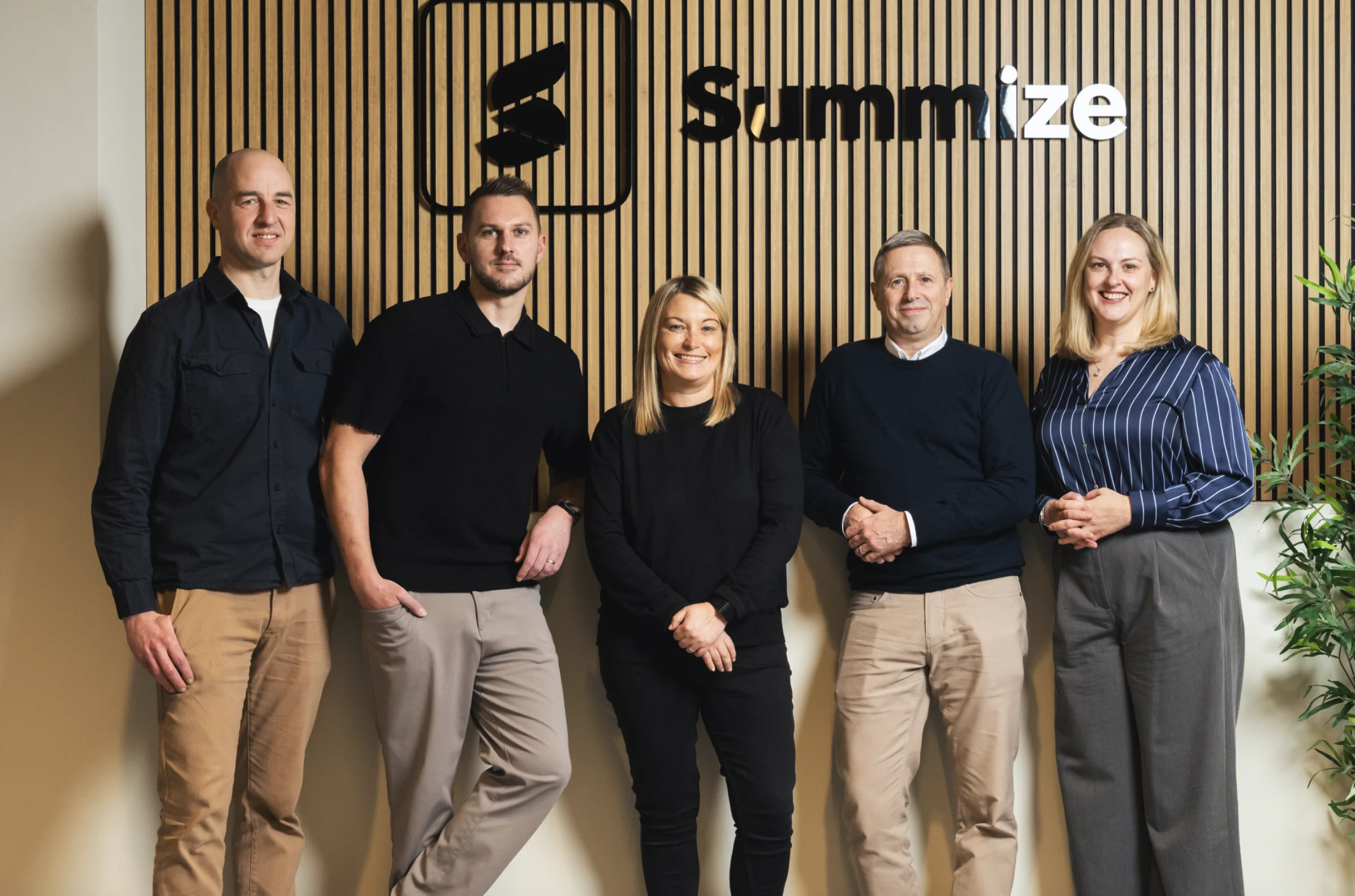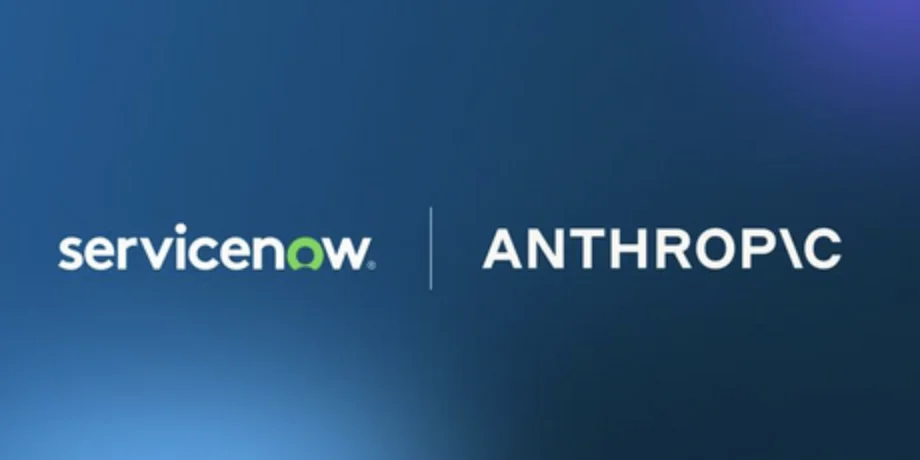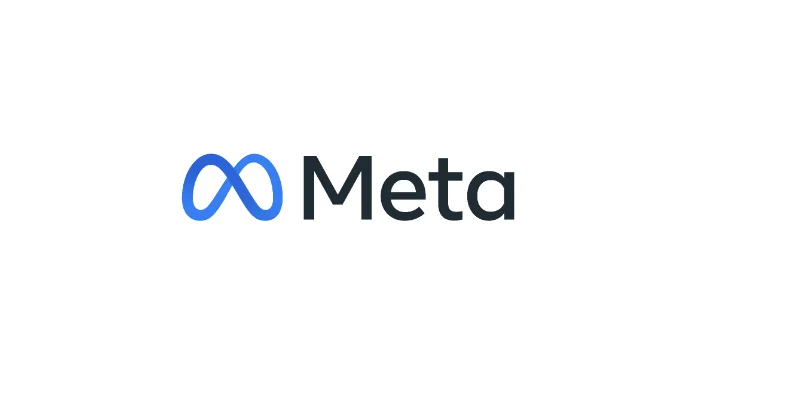In a world where Artificial Intelligence (AI) is becoming ubiquitous, Paul Matthews, a Tasmanian AI in Education consultant and startup CEO, offered a fresh perspective on how this technology can transform education during his TEDxHobart talk. In it, Matthews explored the paradox of AI in schools, questioning whether it is a cheater or a tutor.
“Jess is a lovely girl but unfortunately she really struggles at school,” Matthews began, using Jess as a representation of many students who are slipping through the cracks due to lack of resources. “Jess needs a tutor,” he continued while suggesting that personalized support could significantly improve her learning outcomes. However, the cost of providing one-on-one tutoring for every student is prohibitive.
Enter AI.
“In a world infused with artificial intelligence, we can get many of those same benefits for our students right now,” said Matthews. AI has the potential to deliver the personalized, feedback-rich environments that students like Jess need to thrive. “We can use artificial intelligence right now to put students in a more tailored, personalized, feedback-rich environment than ever before,” he explained.
Matthews is on a mission to empower students, teachers and school communities to excel in an AI-driven world. He passionately believes that AI is not here to replace teachers but to support them.
“AI is not here to take your job; it’s here to help you do a better job,” he said, addressing common fears about AI in education.
He also addressed the knee-jerk fear response to AI: “When AI first came out the dominant narrative was that students would use it to cheat.” However, Matthews sees AI as a tool to enhance learning rather than hinder it. He proposes using AI for tasks like text differentiation, retrieval practice, and feedback on student work. For example, AI can adjust the readability of texts to match students’ reading levels or generate quizzes to help them practice their knowledge.
Training students to use AI effectively is crucial.
“It’s not a matter of if they’ll use it, it’s a matter of how,” Matthews said. By teaching students to use AI for feedback and support rather than for shortcuts, educators can ensure that AI becomes a valuable learning tool.
Matthews sees an education system where AI helps to “do the basics better.” He argued that simple strategies, implemented with the help of AI, can have a significant impact on students’ learning experiences.
“Education is the meta ripple effect,” he declared. This suggests that improvements in education will resonate throughout society. By leveraging AI, Matthews believes we can create one of the most powerful and exciting ripple effects, transforming education for students like Jess and beyond.






